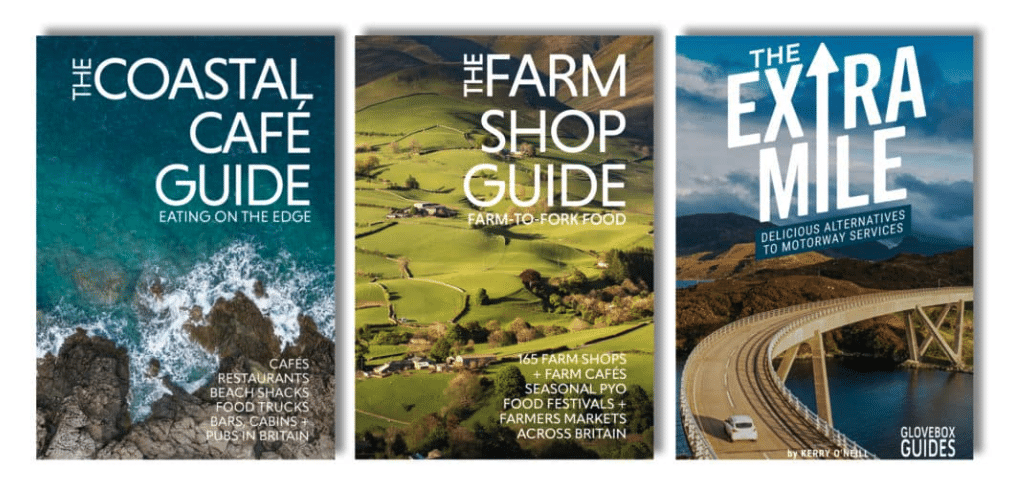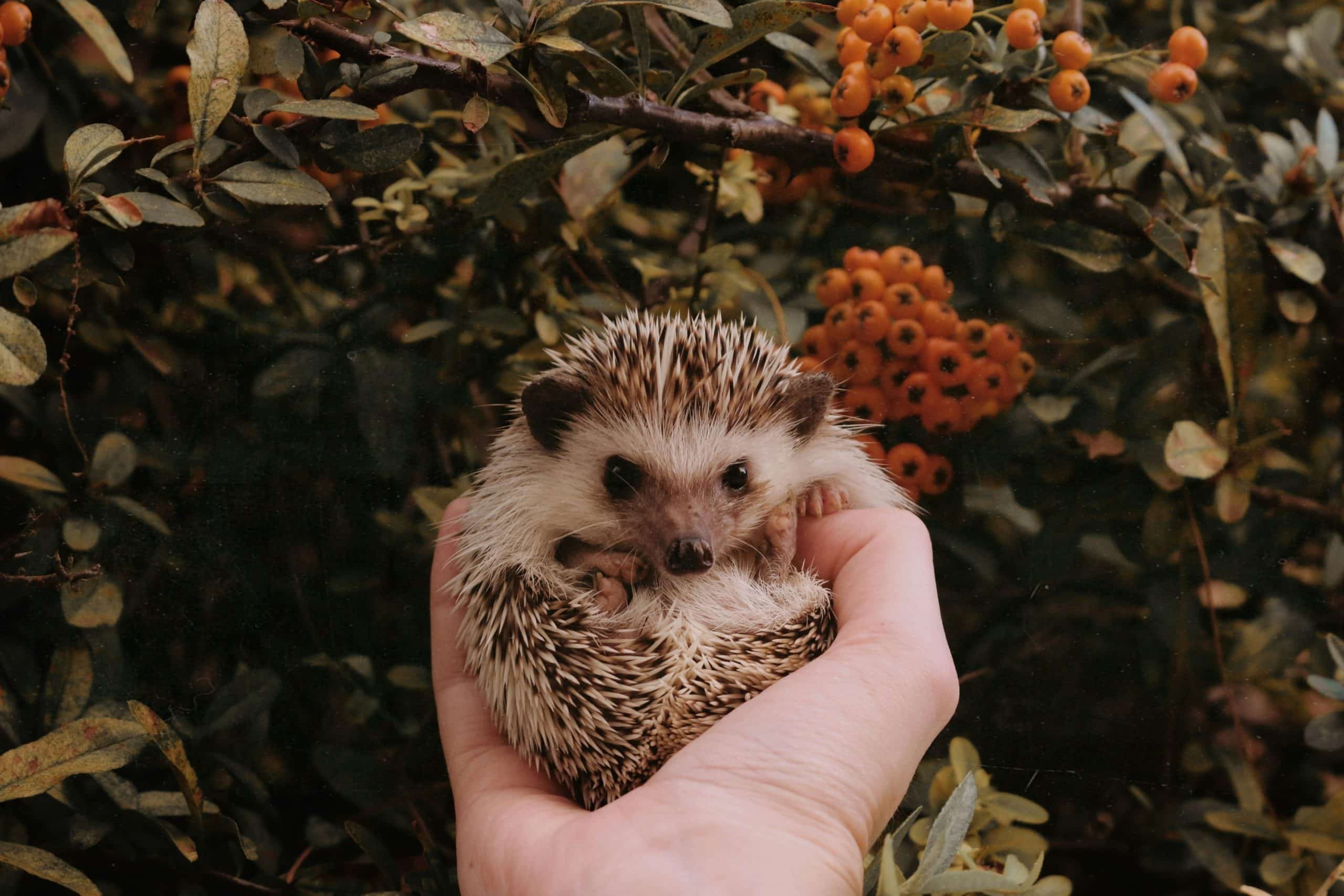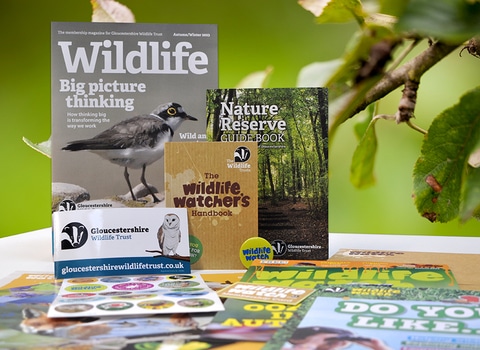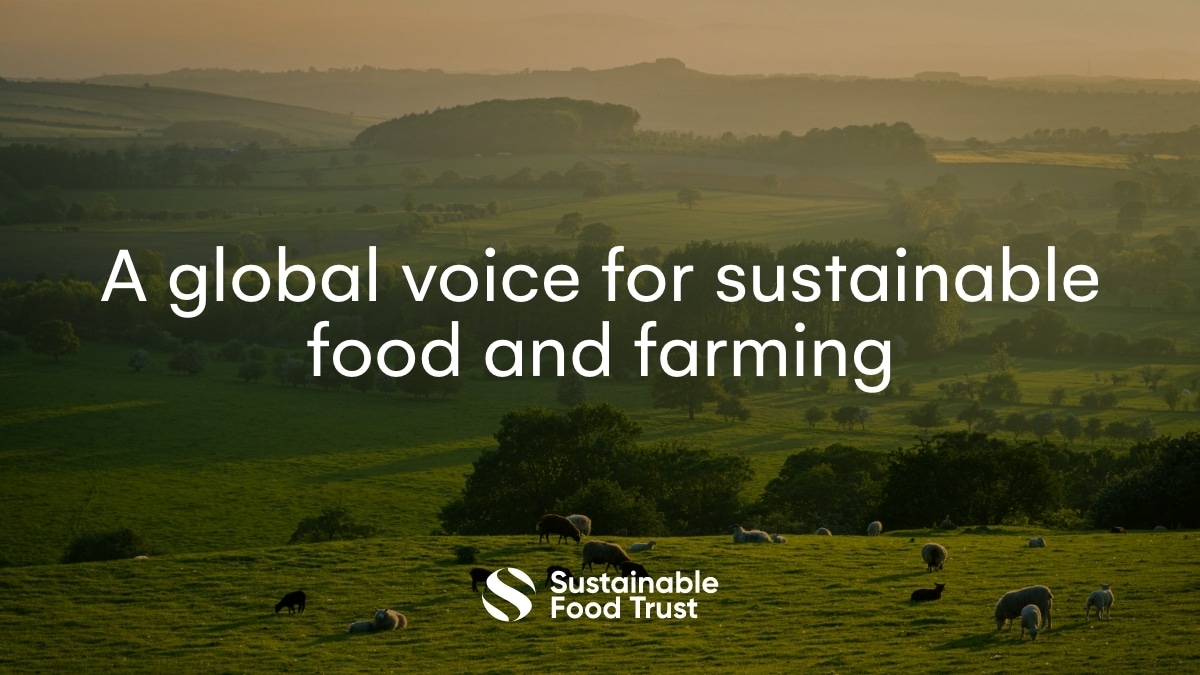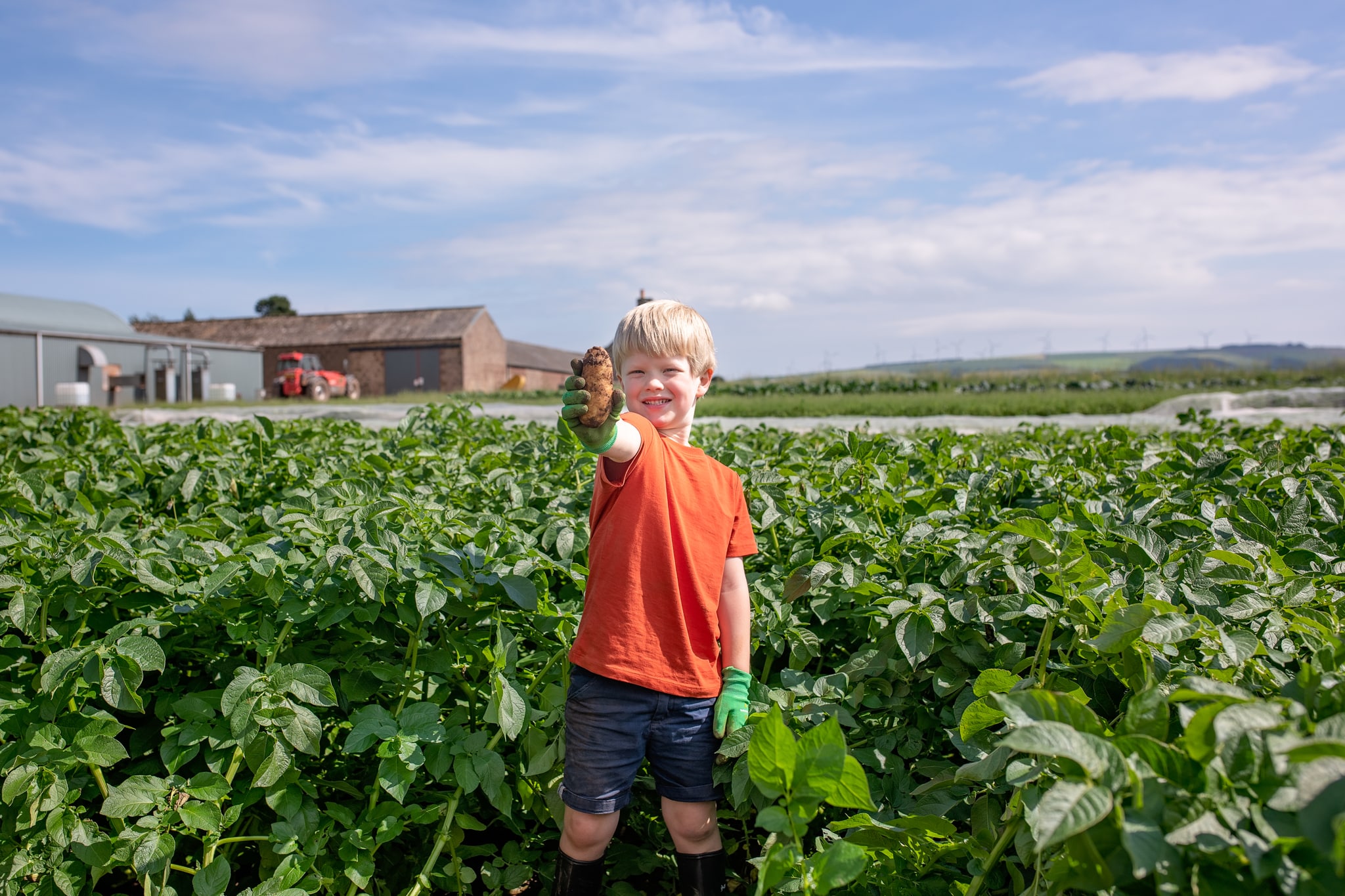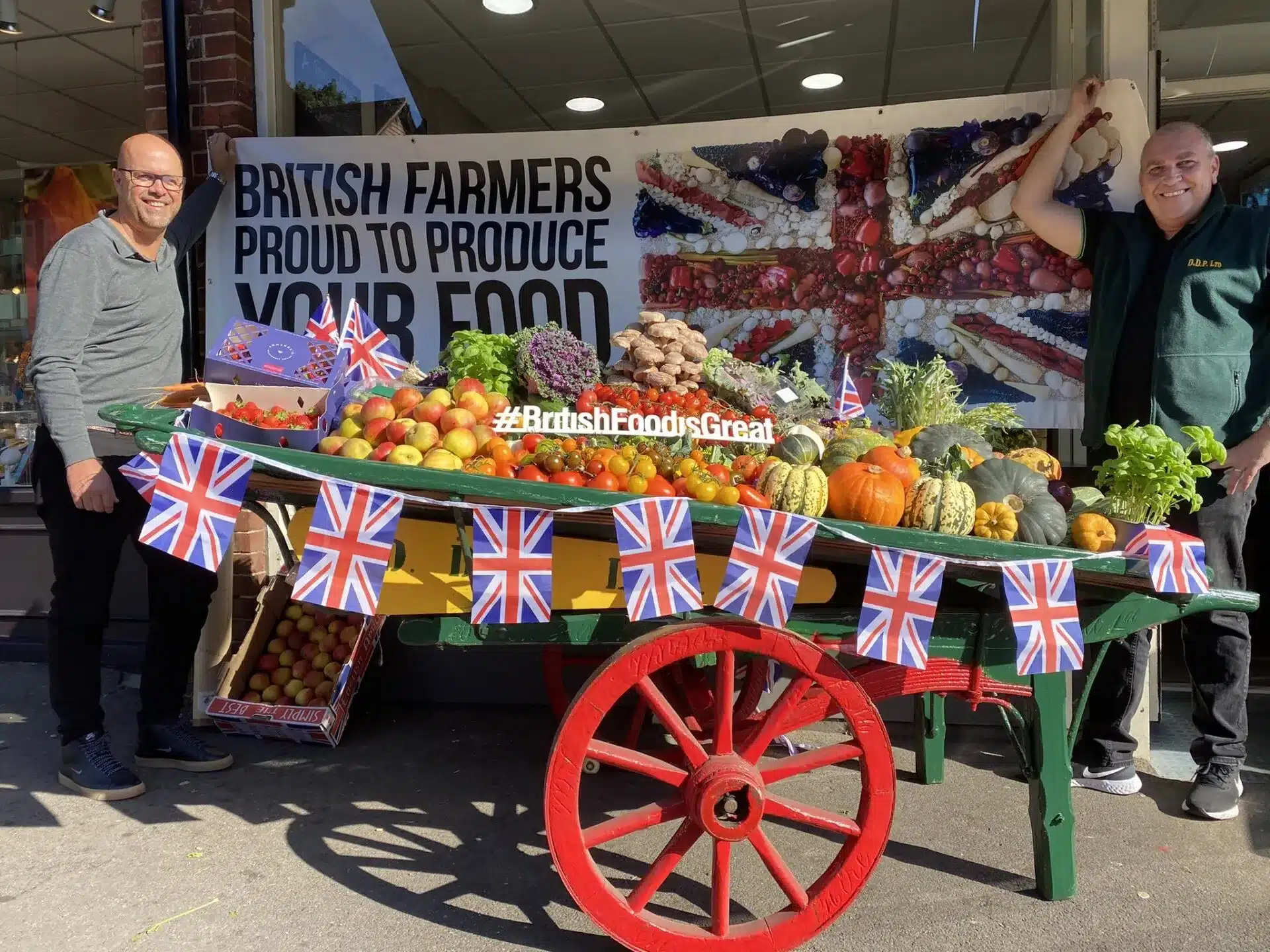
Coastal cafés with a conscience: how The Coastal Café Guide supports a cleaner, wilder coastline
The Coastal Café Guide is a celebration of the places that make Britain’s shoreline so special. Think about the independent cafés tucked behind dunes, perched on harboursides, or tucked away in fishing villages. Within its pages you’ll find over 150 cafés and beach shacks serving freshly caught fish, home-baked cakes, and sea-view coffee with a conscience.
The book is also about something bigger than good food. It’s about caring for the coast itself: the sealife, wildlife, beaches, and people that bring these unique fringes of our island to life. A percentage of every copy sold is donated to Surfers Against Sewage, a charity whose work endeavours to protect our seas and communities from water pollution, plastic pollution, and climate change.
Alongside this, the book shines a light on 11 other inspiring charities and organisations that help protect the ocean, restore nature, and keep our coastlines wild and welcoming. They remind us that sustainable, local cafés and coastal conservation go hand in hand, for without thriving seas, there can be no thriving coastal communities.
Charities helping us protect and celebrate our seas and coasts
Alongside its donations to Surfers Against Sewage, a charity whose aims are outlined below, The Coastal Café Guide is proud to highlight the work of a network of like-minded charitable organisations that share a passion for cleaner coasts, more sustainable seafood, and safer waters.
Surfers Against Sewage
A grassroots movement turned national charity, Surfers Against Sewage campaigns to end sewage spills, reduce ocean plastic, and hold polluters to account. Their End Sewage Pollution campaign and Million Mile Clean bring thousands of volunteers together each year to restore Britain’s beaches and waterways. (Staff here attended one of their flagship events in 2025: our local Paddle Out Protest in Weston-super-Mare’s Marine Lake: part of a national day of activism.)
RNLI
Since it was founded 200 years ago this year, the RNLI has saved tens of thousands lives at sea. Its crews of volunteer lifeboat heroes protect everyone who enjoys the coast, from surfers and swimmers to fisherfolk and sailors, while promoting water safety education in every coastal community.
Marine Stewardship Council
The Marine Stewardship Council (MSC) works to keep our seafood sustainable. The MSC blue label on fish and shellfish helps shoppers and chefs know that their meal has been responsibly caught, safeguarding marine life and fishing livelihoods for the future.
Marine Conservation Society
The Marine Conservation Society campaigns for cleaner seas and sustainable seafood. From beach cleans to citizen science and policy change, its work protects habitats, reduces pollution, and empowers people to take action for ocean health.
Outdoor Swimming Society
The Outdoor Swimming Society celebrates the joy and freedom of wild swimming. Its community of swim pioneers encourages safe, respectful and environmentally conscious dips in open water, connecting people deeply with the natural world.
The Ramblers, and the England Coast Path
The Ramblers are the guardians of walking routes across Britain. Their work on the England Coast Path, which will be the longest managed coastal trail in the world, ensures that everyone can explore, enjoy and protect our stunning shoreline.
South West Coast Path Association
The South West Coast Path Association maintains one of Britain’s most beloved trails, stretching 630 miles around the peninsula. Their volunteers care for paths, signage and landscapes that link so many of the cafés featured in The Coastal Café Guide.
The Wave Project
The Wave Project transforms young lives through surf therapy. By combining the power of the ocean with mentoring and community, it helps children and teenagers improve confidence, wellbeing and their connection to the sea.
The Finisterre Foundation
The Finisterre Foundation, created by the sustainable clothing brand Finisterre, supports grassroots ocean and coastal projects, from cold-water swimming initiatives to marine conservation and gear donation schemes for those in need.
John Muir Trust
Named after the pioneering conservationist, the John Muir Trust protects and restores wild places across the UK. Their education and rewilding projects inspire people to connect with the natural world and care for wild landscapes, coasts and mountains alike.
National Trust for Scotland
The National Trust for Scotland safeguards historic and natural sites, including many of the country’s most beautiful stretches of coastline. Its stewardship ensures that beaches, cliffs and islands remain places of inspiration and access for everyone.
Open Seas
Open Seas is concerned with protecting our marine environment and the things that live in it. They run campaigns and initiatives designed to see more fish and shellfish caught more sustainably, and they promote sustainable alternatives to damaging fishing.
City to Sea
The City to Sea movement tackles plastic pollution at its source. From refill schemes to reusable period products, they empower individuals and businesses to stop waste before it reaches rivers and oceans.
Buy The Coastal Café Guide: dive into these charities
Printslinger will donate 1% of book sales to Surfers Against Sewage. So whether buying a copy of The Coastal Café Guide for yourself or as a birthday or Christmas gift for someone who loves buying local food and supporting fairer food and fishing, know you’re giving a gift with a conscience. To learn more about this book and our other foodie titles, visit our online bookshop on the button below.

